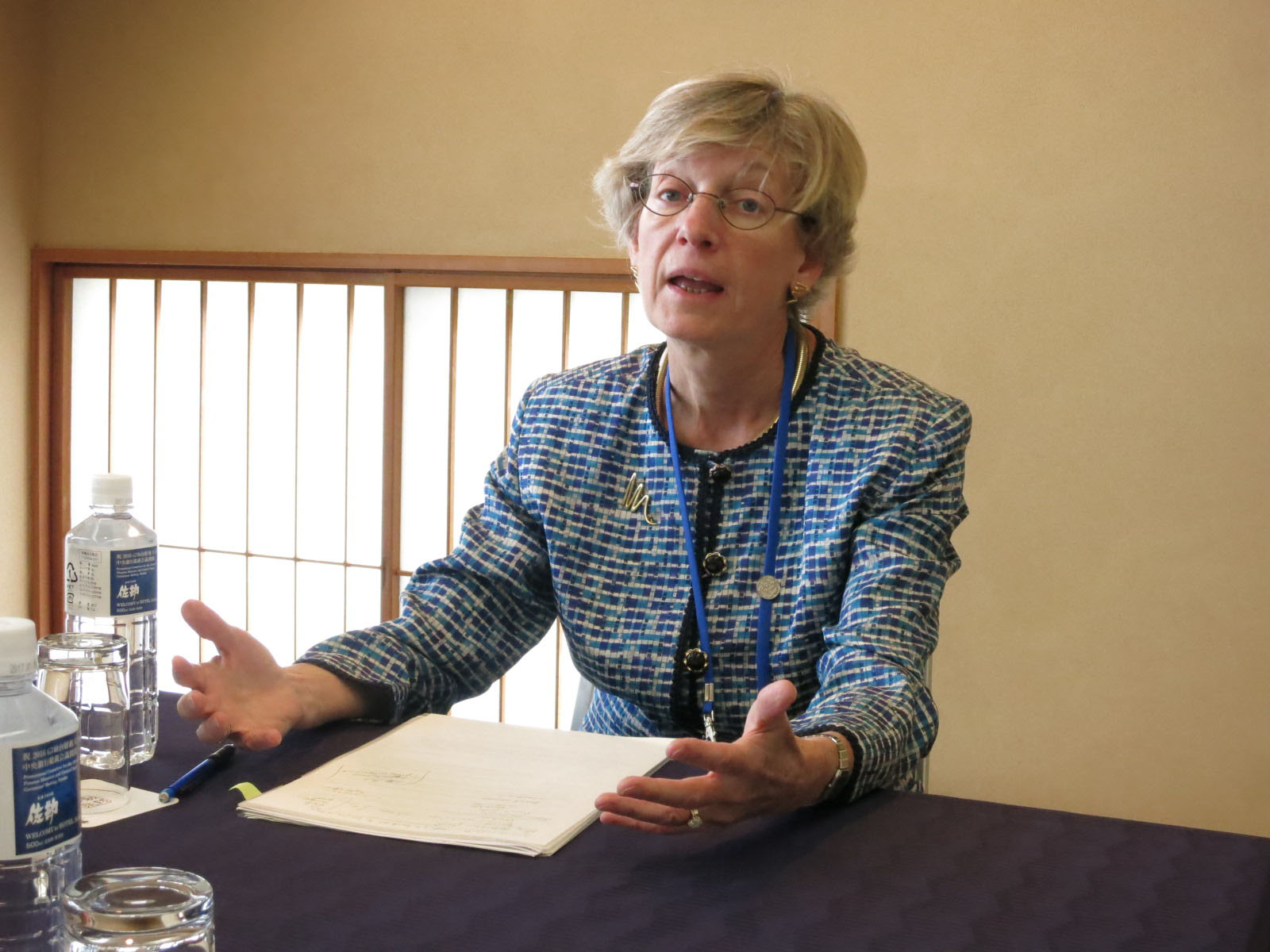Amid debate over whether the sales tax hike slated for next April should be delayed, the OECD's chief economist on Friday said the government should consider more options and even look beyond a 10 percent rate.
Catherine Mann said Japan could, for example, pursue two consecutive annual increases of 1 percentage point, as opposed to the planned one-time 2-point jump. Looking into exactly how much of a hike is needed to repair state finances is also worth doing, she said.
"Zero and two are the ones that are on the table right now, but those aren't the only choices," she said. Mann is attending a two-day meeting through Saturday in Sendai of Group of Seven finance ministers and central bank governors.


















With your current subscription plan you can comment on stories. However, before writing your first comment, please create a display name in the Profile section of your subscriber account page.